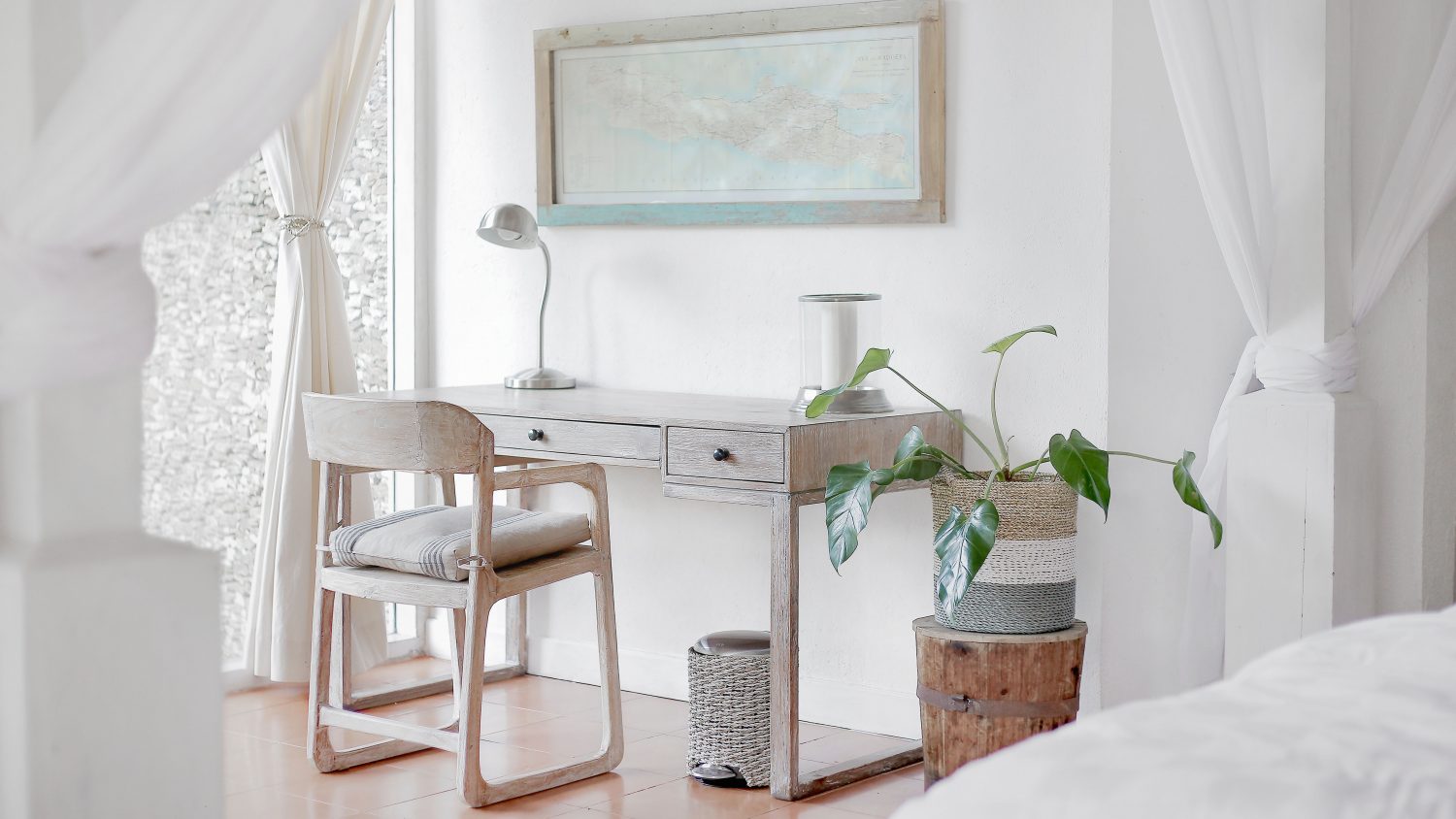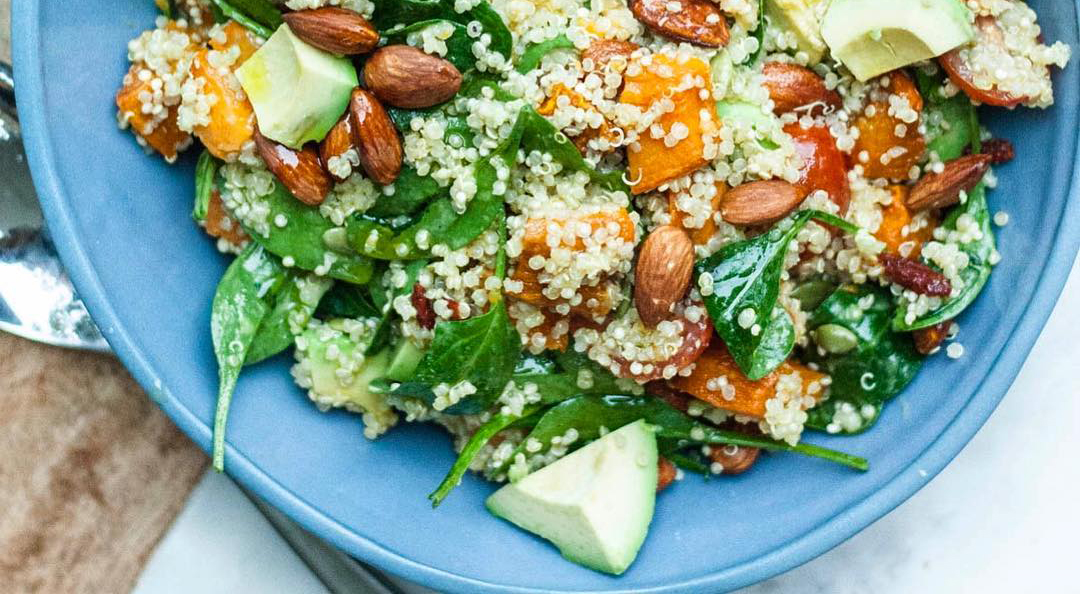From looking after this beautiful planet of ours, to ensuring a green world for our littles ones to explore as they start to travel, like all mamas, we have to make sure we have Mother Nature’s back.
Sadly, there’s an estimated 150 million tonnes of plastic already floating around the world’s oceans, and recent studies indicate that by 2050, the amount of plastic in the ocean will outweigh fish.
The good news is, there are some super-simple swaps you can make at home to help protect Mother Nature.
We caught up with Simon Cheng from Healthy Life who was kind enough to talk us through six simple ways we can all help to reduce waste at home.
1 // Sink your teeth into the problem
We all use them, usually twice a day, and replace them every few weeks, so imagine how many plastic toothbrushes are clogging up landfill sites? Hundreds of tonnes! Bamboo toothbrushes are biodegradable and recyclable – you can even toss them in your compost once you’ve shaved off the bristles. Go Bamboo toothbrushes are BPA-free, 100 per cent biodegradable and come in a recycled cardboard box. Natural toothpaste is also a thing. It cleans sans chemicals using natural ingredients such as spearmint, sage, thyme and tea tree oil.
2 // Singlets, socks and more
Grown organically and without artificial irrigation, bamboo produces 30 per cent more oxygen than an equivalent area of trees. Australian eco-clothing brand, Boody, creates ethically produced everyday essentials such as singlets and socks which are made from naturally grown, organic bamboo.
3 // The last straw
There’s a growing movement to ban plastic straws and with an estimated 10 million used in Australia every single day – it’s little wonder they’re among the top 10 items found in the ocean. Because most recycling facilities don’t process the type of plastic used in plastic straws, they often end up in landfill or washed down storm water drains. Plastic straws take an estimated 200 years to break down and plastic waste is responsible for the death of more than a million sea mammals and seabirds every year. Swap plastic straws for reusable drinking straws. Primal Nature’s stainless-steel straws come with a cleaning brush and last forever so you won’t have to buy more and you can sleep easy knowing they won’t end up as a bird’s breakfast.
4 // Bottling up the issue
Use reusable drink bottles and spare landfill the 100,000 tonnes of plastic drink bottles we consume each year. Bottles used to package water take over 1000 years to bio-degrade and the process of pumping, packaging and transporting water is also reportedly creating more than 60,000 tonnes of greenhouses gases annually. There’s also growing evidence around the health issues caused by human consumption of micro plastics and toxins.
5 // Go green to clean
The chemicals in laundry detergent and fabric softeners become part of your wastewater, which ultimately end up in the environment. The sad reality is that detergents damage fish and other marine life so it’s best to go natural. Luckily, nature offers a solution to the problem. The shell of soapberries, aka ‘nature’s soap’, has a high concentration of saponin, which foams when it comes into contact with water and has natural anti-bacterial and anti-fungal properties. Because you can reuse the same shells over a few loads, it’s a cost-effective alternative to your average supermarket laundry powder. Look for That Red House Soapberries.
6 // Safe sunscreen
Despite concerns about the impact of oxybenzone and octinoxate on coral reefs, many popular sunscreens contain the toxic ingredients. Hawaii has gone so far as to ban sunscreens with these chemicals to prevent further damage to its reefs. Natural sunscreens protect from the sun while also nourishing your skin and preventing damage to precious water environments. Wotnot Family Sunscreen30+ is a good place to start.
You might also like 7 herbal teas to help promote winter wellness, Winter Warmer: Lentil and sweet potato curry recipe and Soul Food: Sweet potato and almond butter brownies.





